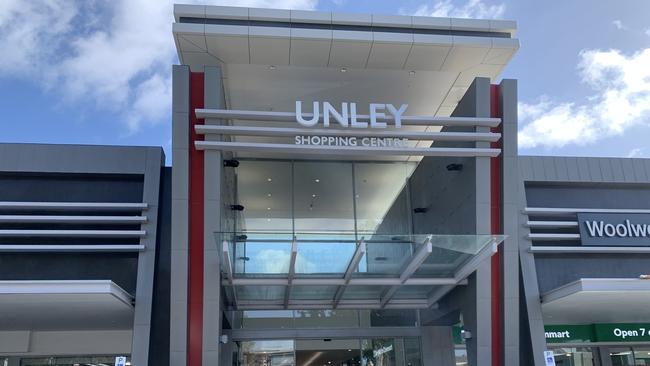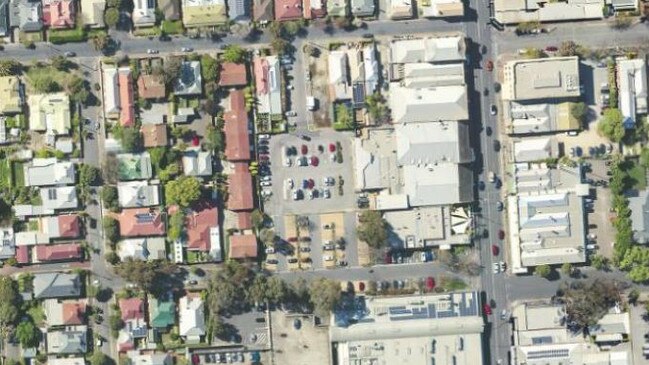Unley Shopping Centre loses court battle to stop council development
The Supreme Court has chucked out a claim by Unley Shopping Centre that a council-owned carpark could never be redeveloped or sold.

East, Inner Suburbs & Hills
Don't miss out on the headlines from East, Inner Suburbs & Hills. Followed categories will be added to My News.
The owners of Unley Shopping Centre have lost a Supreme Court battle to stop Unley Council developing a carpark.
Shopping centre owners Duke Unley Pty Ltd claimed they had an agreement with the council that should prevent the carpark, just off Unley Road, ever being redeveloped or sold.
But the Supreme Court this week found no such agreement existed and there was no power to stop the redevelopment of the council-owned land.
According to a judgment of Justice Tim Stanley, the council entered a “memorial” – a form of agreement under the old Local Government Act – with surrounding businesses in 1971 for a carpark to be built on council land between Arthur Street and Mary Street.
It included a provision for those businesses to be charged a separate rate – which they were for 10 years – to recover the cost of building the carpark.
But in 2001, Unley Council redeveloped the carpark and revoked its status as community land.

A year later it bought the adjoining post office land, which was also converted into a carpark, and had its community land status removed in 2016.
Duke Unley argued the 1970s agreement created a “trust” over the land, which, under the new Local Government Act, made the council’s revocation of its community status improper.
That, it argued, would mean the land had to remain a carpark as previously agreed.
Unley Council argued that the land type was validly changed and the separate rate did not mean the council entered into a “joint venture” with any business.
Justice Stanley found there was no trust over the land and a perpetual carpark was never part of the agreement between the council and businesses.
“Conspicuously absent from the memorial is any request that the memorial land be used as a carpark in perpetuity or that there be any trust over the memorial land,” Justice Stanley’s judgment read.
“The characterisation of the carpark in the resolution as permanent works did not evidence an intention that the carpark was to exist in perpetuity.
“Rather, it is to be construed merely as meaning that the carpark as constructed was intended to have an indefinite existence rather than a limited existence.”



